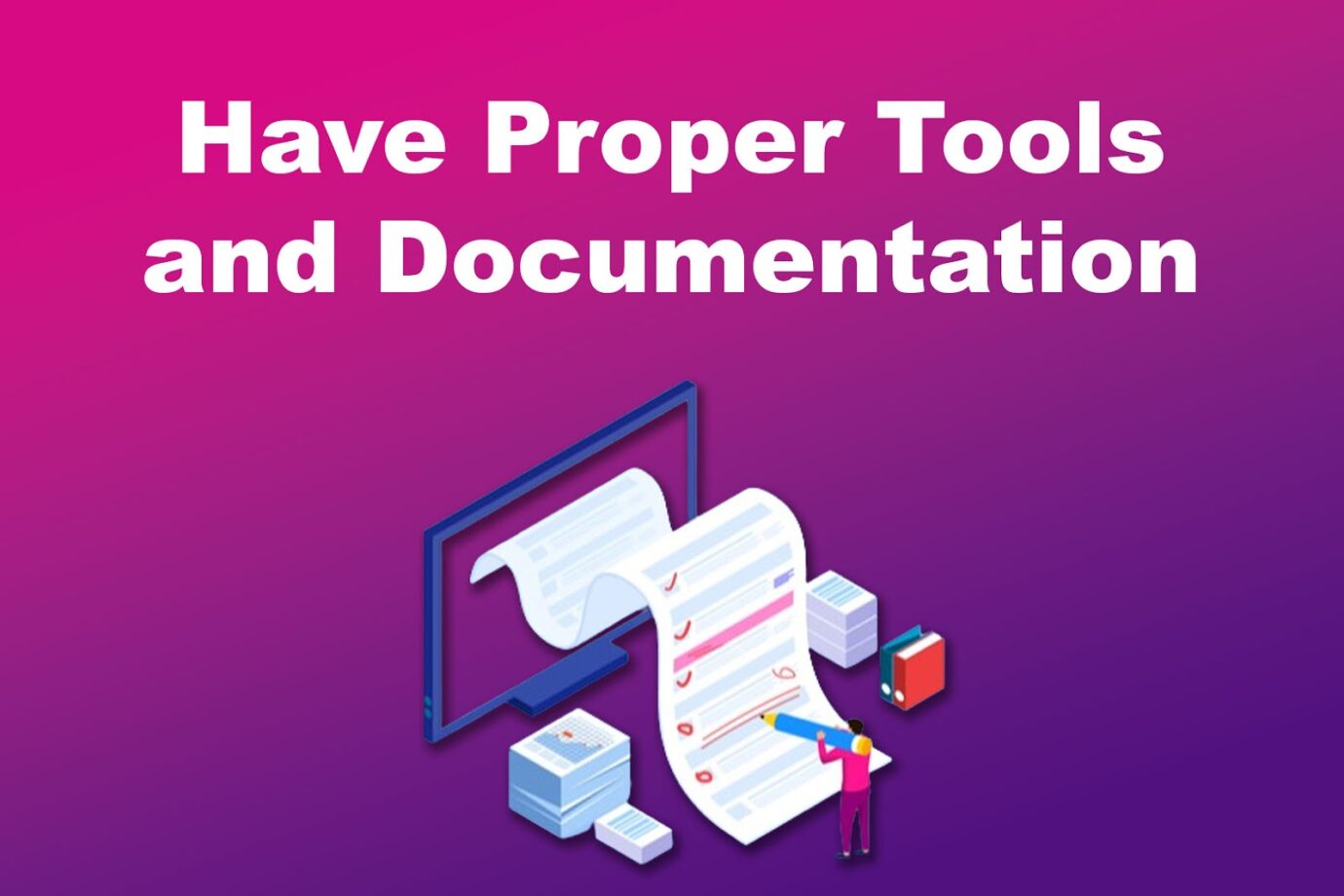Offshore teams have become an integral part of modern work culture. Many businesses and organizations use offshore teams to increase productivity and access diverse skill sets.

Unlike in-house employees, putting together a team operating in different locations and time zones requires a strategic approach. Keep reading to learn how to build your offshore team. We’ll also discuss the benefits of having one.
Have you ever wondered how outsourcing differs from offshoring? Find out the answer in this article.
How to Build an Offshore Team in 5 Steps
Here are five steps to create an excellent offshore team for a company:
1. Do a Thorough Pre-Screening
Pre-screening is a great way to interact with a candidate before inviting them to an interview. It helps determine whether they meet the minimum qualifications.
After thoroughly reviewing applications and job postings, select candidates who meet the requirements threshold. Then, take them through the pre-screening process and ask them about previous work experiences, long-term career goals, and salary expectations.
2. Interview Potential Candidates

The second step in building an offshore team is the interview process. Unlike in the pre-screening process, in this stage, you assess a candidate’s technical skills and communication proficiency to ensure they align with the role your company is looking to fill.
You can also conduct a practical assessment to observe how candidates solve problems in real-time. Remember to also touch on the issue of time zones and your organization’s culture to gauge adaptability.
Remember to offer training to people who pass the interview stage. Also, clear goals and expectations should be set so that they will quickly know what is expected of them.
3. Select a Good Remote Work Software For Your Offshore Team
The success of an offshore team in a company highly depends on the collaboration tool. Without communication, it is nearly impossible to coordinate successfully.
A good software offshore team should bridge the distance gap. For example, you can use Slack to send instant messages or make quick calls instead of sending emails. Or set up Notion, Asana, Trello, and Google Drive to manage collaborations efficiently.
4. Evaluate the Progress
Next, review the progress. Before officially hiring a new member, conduct a trial run to evaluate their attitude, communication, leadership, collaboration, and deadline commitment.
Also, check the progress of the software selected for managing the offshore team. Are they easy to use? Is it meeting your company’s goals?
Read more on how to build an offshore team from Linkedin.
5. Have Proper Tools and Documentation

Having the right tools will help you quickly assign and monitor the progress of your offshore team. You can see what each person is working on at the time. Tools are essential for scheduling and sharing tasks and ideas in remote work.
Remember also to document everything. This can be used as a future reference point and for data analysis. For example, your team can always refer to training documents, videos, and data when determining how to complete a specific task.
Business process outsourcing can be done through offshoring. Check out some examples of BPO.
Benefits of Having an Offshore Team Company in Remote Work
Building an offshore team has several benefits, including access to a global talent pool, lower overall costs, fewer risks, and more flexibility.
Below is an in-depth look at the advantages of an offshore team in remote work:
- Access to a Global Talent Pool.
An offshore team removes geographical boundary restrictions. This means you can get very skilled professionals who may not be available locally in your region. - Lower Overall Costs.
The resources needed to manage an offshore team are lower than in-house. For instance, you don’t have to purchase extra equipment or rent bigger office spaces. Reducing labor costs can significantly increase profit margins. - Fewer Risks.
Since an offshore team isn’t based in one location, organizations can minimize the impact of unforeseen risks, such as natural disasters, economic disruptions, or political instability. This increases a company’s adaptability. - More Flexibility.
Offshore operations make a company more flexible to expand its services across borders. Therefore, you can efficiently reach new markets. - Around-the-Clock Operations.
Due to the difference in time zones, it is easy to set up 24-hour operations. This translates to better turnaround times, responsive customer support, and improved productivity. - Focus on Key Operations.
By outsourcing less stringent and routine work, you can focus on important tasks like product development that will help scale the business.
Find out more about offshoring’s pros and cons in this article.
Discover the benefits of offshore remote work from Linkedin.
Start Building Your Offshore Team Today!
Building an offshore team is simple when done correctly. First, you must thoroughly pre-screen, interview potential candidates, and choose task-management software. Afterward, you should check the progress to ensure everything goes as planned. Remember to keep proper documentation that your team can refer to.
Offshore teams have numerous benefits, like reducing costs, and businesses can easily access global talent.